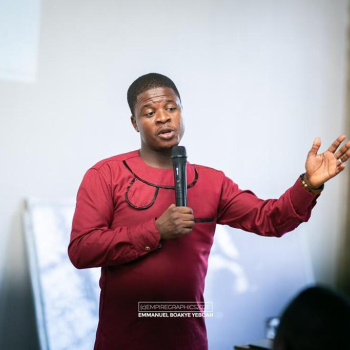The Teacher in the Mirror: The reflective practices of Basic School Teachers in the Central Region of Ghana

| 0244726002 | |
| skapau@uew.edu.gh | |
| Download CV |
The Teacher in the Mirror: The reflective practices of Basic School Teachers in the Central Region of Ghana
This study assessed the level of reflection among basic school teachers in the Central Region of Ghana. The mixed method paradigm, employing the concurrent parallel design (Quan-qual) was adopted for the study. A total of 312 basic school teachers were involved in the quantitative phase through a systematic sampling technique. Twelve teachers who participated in the quantitative phase of the study were selected randomly for qualitative data collection. A pre-validated Likert-scale questionnaire made up of 29 items was adopted for the quantitative phase of the study. A semi-structured interview guide was designed by the researchers to gather qualitative data from the respondents. Both descriptive and inferential statistics were used to analyse the quantitative data whilst the interview was analysed thematically. The study revealed that even though the reflective practices of basic school teachers are moderate, they are practical, cognitive, learner-centered, meta-cognitive and critical. The study further established that gender, age and teaching experience predict the reflectivity level of the teachers. The study, therefore, recommends that the National Council for Teacher Education (NCTE) should make reflection a key component of teacher training curriculum in Ghana. Again, in-service training and periodic workshops should be organised by the Ghana Education Service for teachers to be educated on how they can effectively reflect on their classroom practices in order to maximize students learning.
